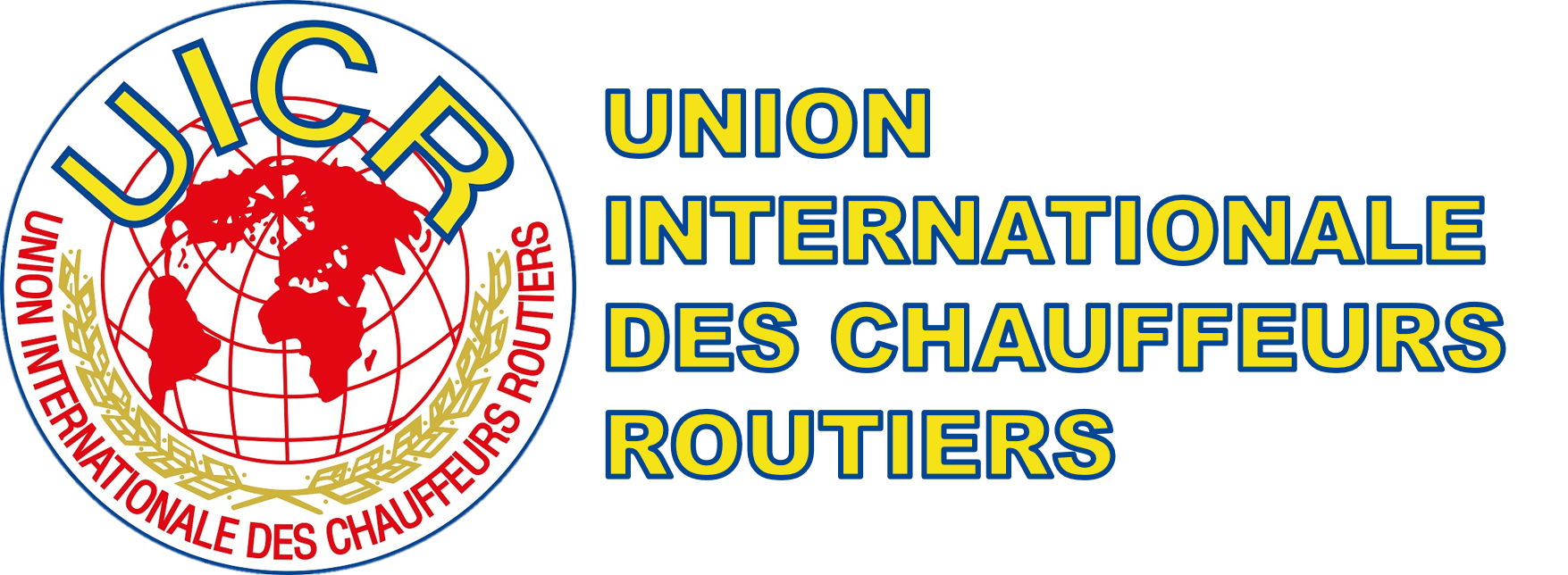CO2 targets unachievable without enabling conditions, warn European truck and bus manufacturers
Brussels, 24 October – The European Automobile Manufacturers’ Association (ACEA) repeats its call for a fit-for-purpose CO2 regulation for trucks and buses. Despite an unwavering commitment to decarbonisation and record investment levels in zero-emission vehicles by manufacturers, the proposed targets remain overly ambitious without the backing of robust enabling conditions.
Reacting to the European Parliament’s environment committee (ENVI) position, European truck and bus manufacturers voiced concern that targets may express ambition on paper but are unachievable in reality. “Decarbonising heavy-duty transport is not a solo endeavour,” stated Sigrid de Vries, ACEA Director General. “We operate within a highly interconnected transport ecosystem. To create an environment where vehicle manufacturers can thrive and meet targets, we need a collaborative effort from all stakeholders, including policymakers.”
The challenge extends beyond the pervasive lack of charging and refilling infrastructure and requires addressing other demand-side measures as well. Customer demand for electric and hydrogen-powered trucks and buses still lags far behind conventional models. “ACEA’s members have made the investments, and zero-emission vehicles are ready to go, but customers must equally have the confidence to invest,” said de Vries.
Policy makers have a wide toolbox at their disposal, such as purchase and tax schemes and other price signals to invest early in zero-emission models. However, their roll-out fails to match the ambition of the proposed CO2 targets. “Without enabling conditions in place, manufacturers will struggle to meet targets and face penalties while compliance largely depends on factors outside their direct control,” added de Vries.
ACEA welcomes that some industry concerns have been addressed but also regrets the inclusion of ‘small lorries’ (<5 tonnes>
In response, ACEA calls for a fit-for-purpose CO2 regulation for trucks and buses and that law makers address shortcomings in the upcoming plenary vote and trialogue negotiations. Only by holistically addressing enabling conditions and incentivising action by all stakeholders can we decarbonise transport and safeguard competitiveness.



